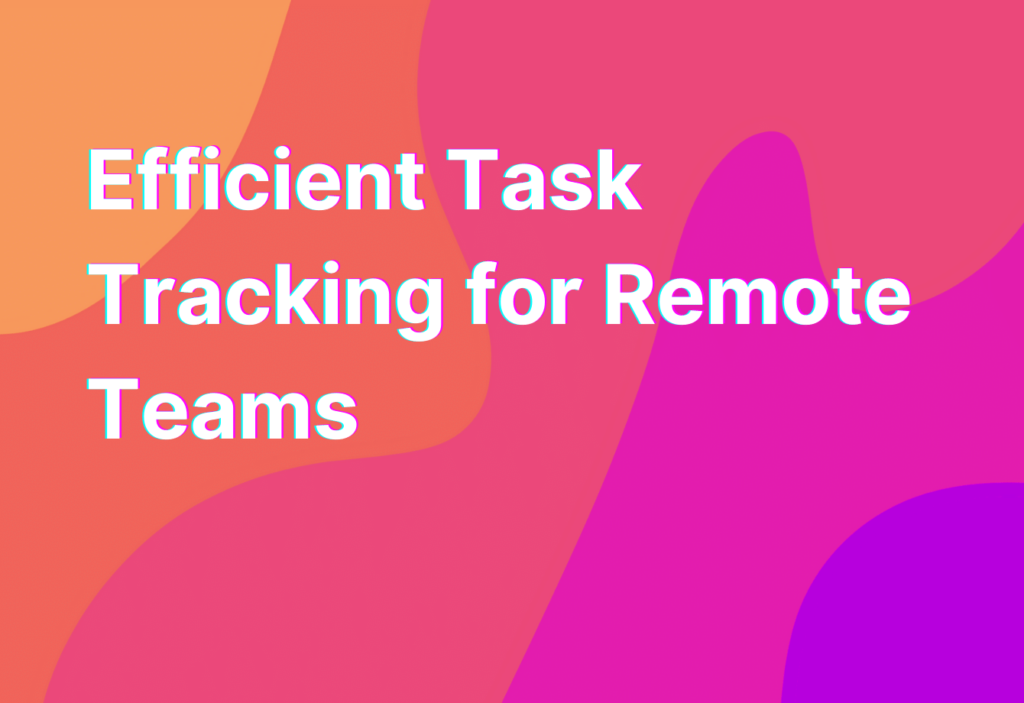Cultural Sensitivity in Digital Nomad Travel
As digital nomad travel becomes more popular, it’s important for remote workers to be culturally sensitive when working and living in different countries. Cultural sensitivity is the ability to understand, appreciate, and respect the values, beliefs, and customs of different cultures. By practicing cultural sensitivity, digital nomads can foster positive relationships with locals, avoid misunderstandings, and create a more inclusive and harmonious work environment. In this article, we will explore the importance of cultural sensitivity in digital nomad travel and provide tips on how to be culturally sensitive while working remotely.
The Importance of Cultural Sensitivity
Cultural sensitivity is crucial for digital nomads because it helps to bridge the gap between different cultures and promotes mutual understanding. When working and living in a foreign country, it’s essential to be aware of and respect the local customs and traditions. This not only shows respect for the local culture but also helps to build trust and rapport with the local community.
Additionally, being culturally sensitive can help digital nomads avoid unintentionally offending or disrespecting locals. Different cultures have different norms and values, and what may be acceptable in one culture may be considered rude or inappropriate in another. By being aware of these cultural differences, digital nomads can avoid cultural faux pas and maintain positive relationships with locals.
Tips for Being Culturally Sensitive
Now that we understand the importance of cultural sensitivity, let’s explore some practical tips for being culturally sensitive while working remotely:
- Research the local culture: Before traveling to a new country, take the time to research and learn about the local culture, customs, and traditions. This will help you understand the cultural context and avoid any unintentional cultural misunderstandings.
- Learn the language: Making an effort to learn a few basic phrases in the local language can go a long way in showing respect and building rapport with locals. Even if you’re not fluent, locals will appreciate your effort to communicate in their language.
- Observe and adapt: Pay attention to how locals behave and adapt your behavior accordingly. For example, if locals dress modestly, it’s important to dress modestly as well to show respect for their cultural norms.
- Be mindful of body language: Different cultures have different norms when it comes to body language. For example, in some cultures, direct eye contact is considered rude, while in others, it’s a sign of respect. Be mindful of these cultural differences and adjust your body language accordingly.
- Respect religious customs: Many cultures have religious customs and practices that are important to the local community. It’s important to respect these customs and avoid any behavior that may be seen as disrespectful or offensive.
By following these tips, digital nomads can navigate different cultures with ease and create a more inclusive and harmonious work environment.
Wrapping Up
Cultural sensitivity is essential for digital nomads who travel and work remotely. By understanding and respecting the values, beliefs, and customs of different cultures, digital nomads can foster positive relationships with locals, avoid misunderstandings, and create a more inclusive work environment. Remember to research the local culture, learn the language, observe and adapt to local customs, be mindful of body language, and respect religious customs. By practicing cultural sensitivity, digital nomads can make the most of their travel experiences and create meaningful connections with people from around the world.
For more tips on remote work, accountability, and engaging employees, check out this article on boosting remote work accountability and engaging employees.

